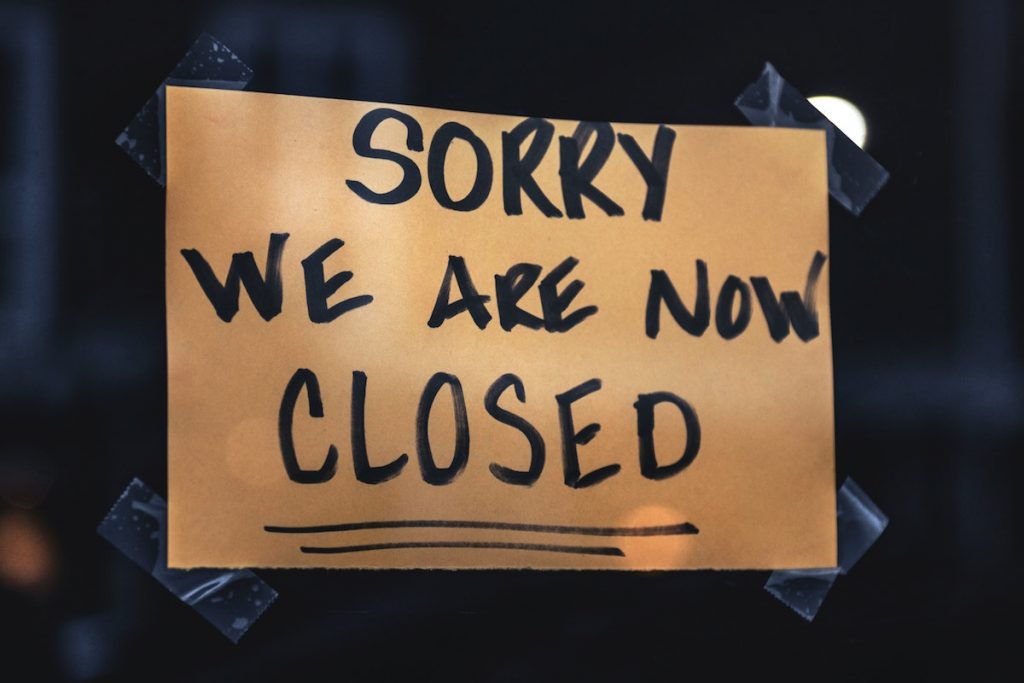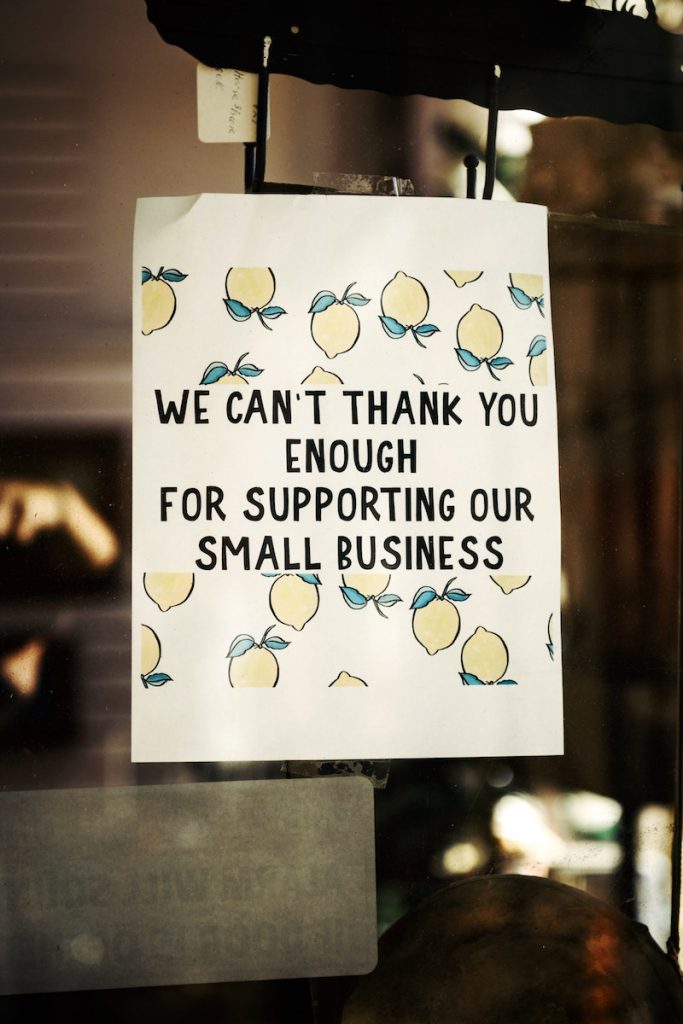There’s a growing sentiment among conservatives across Mississippi that federal unemployment subsidies are wrecking small businesses. Commissioner of Agriculture and Commerce Andy Gipson made that case in a recent op-ed, contending that higher-than-usual unemployment benefits are disincentivizing work—particularly in retail, food service and agriculture.
That claim, though, isn’t actually backed up by anything but anecdotes. A 2016 study from the University of Massachusetts showed that unemployment benefits didn’t slow job growth during the Great Recession, and a study from Yale University last year yielded similar results for the COVID-19 pandemic.
It is true that many small businesses are dealing with labor shortages as they try to return to “normal” on the tail of the COVID-19 pandemic, but the biggest problem seems to be a quirk in the markets. The truth is, unemployment subsidies, along with all the other federal money pumped into the economy over the last year (under both a Republican and a Democratic White House), have kept cash flowing through all sectors, creating a new demand that is now out-pacing supply.

〈MFP seeks to sustain the most diverse and inclusive statewide media outlet in Mississippi. Click HERE to Donate to our Truth-to-POWER Campaign!〉
Economics 101: What’s Supposed to Happen
Any Economics 101 class will show you what’s supposed to happen when a sector faces this sort of labor scarcity: Firms will improve compensation and work conditions to better attract high-quality workers. That seems to be the missing piece of the puzzle for small business owners. They’re operating under a playbook that might not work anymore, offering tipped employees $2.13 per hour, and many of the rest less than $10 per hour.
I do want to be clear that the labor shortage is not a myth. Unemployment rates are dropping in Mississippi (as Gov. Tate Reeves will happily tell you), but those returning to the workforce just aren’t returning to the same jobs. An analysis from Glassdoor shows that interest in data-entry jobs is exponentially higher than it was pre-pandemic, while interest in restaurant work has plummeted.
After a year that has forced most Americans to reconsider the structures and balances of power that dominate our society, the calculus of self-worth has changed for many workers, and it has very little to do with unemployment benefits.
There is a way to help small business owners address these issues, and it happens to fit in well with Governor Reeves’ crusade to reduce barriers to work in Mississippi. It’s time for Mississippi to establish sectoral councils.
Last year, Reeves launched a Commission on Economic Recovery, reaching out to various industry leaders to formulate a strategy for a post-COVID economy, but largely ignored the workers that keep these industries running. Establishing sectoral councils—bodies that emphasize giving workers of various industries a seat at the table—can help decision makers ensure that they have a full picture of industrial ecosystems.
We could start out with the three sectors that Gipson mentioned in his op-ed: retail, hospitality and agriculture. In fact, Gipson’s own department is well-suited to head up this initiative. He can establish the three councils and ensure that there are more rank-and-file workers providing input than there are executives. These councils can shed light on what draws workers to their respective industries, as well as what drives them away. A hospitality council can provide fresh perspective on the oft-debated topic of tipped wages. An agriculture council can show what workplace dangers aren’t being addressed by current regulations.
And as I said, these councils can help improve access to work. The recently signed House Bill 1263 allows nurses and architects migrating to Mississippi to use their out-of-state professional licenses. House Bill 1312 lets cosmetologists thread eyebrows and apply makeup and eyelash extensions without a state license. Sectoral councils that give workers a seat at the table can pinpoint what regulations really are unnecessarily burdensome, as well as identify where more training is needed.

Mississippi Needs A Healthy and Satisfied Labor Force
Before anyone labels this idea of actually listening to the labor force as “radically liberal,” it’s worth noting that some national Republicans are already warming up to this approach. In fact, 13 major conservative figures (including U.S. Sen. Marco Rubio, former Sen. and Attorney General Jeff Sessions, and political adviser Oren Cass) signed a letter last fall endorsing a sectoral approach to labor reform.
Of course, sectoral councils will only work if their members aren’t cherry-picked to represent only workers whose values match that of state leadership. It’s all an exercise in futility if those organizing these councils make opposition to labor protections a de facto prerequisite for membership.
The opposite is also true—they shouldn’t necessarily be left-wing populists, either. Council members should be allowed to be independent thinkers, representative of workers across the state.
The councils will only work if their input is properly weighted. State agencies like the Department of Agriculture and Commerce need to take workers’ suggestions seriously and present them to employers across the state in a way that demonstrates how small businesses can balance profitability and respect for the labor force. Too often, leaders across the ideological spectrum pretend that these ideas are mutually exclusive; they are not. A healthy and satisfied labor force is more productive than one that is over-exerted and underpaid. Nobody will be able to identify the sweet spot better than the workers themselves.
If we want to save the industries struggling with labor shortages, we have to show small business owners how to actually attract labor. Implying that people who aren’t returning to the restaurant or retail industries are just lazy isn’t an effective recruiting strategy.
As that letter from the 13 conservatives puts it, “In a well-functioning and competitive market, participants meet as equals, able to advance their interests through mutually beneficial relationships.”
Take notes, Commissioner Gipson.
This MFP Voices essay does not necessarily represent the views of the Mississippi Free Press, its staff or board members. To submit an essay for the MFP Voices section, send up to 1,200 words and factcheck information to azia@mississippifreepress.com. We welcome a wide variety of viewpoints.






